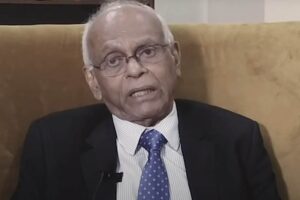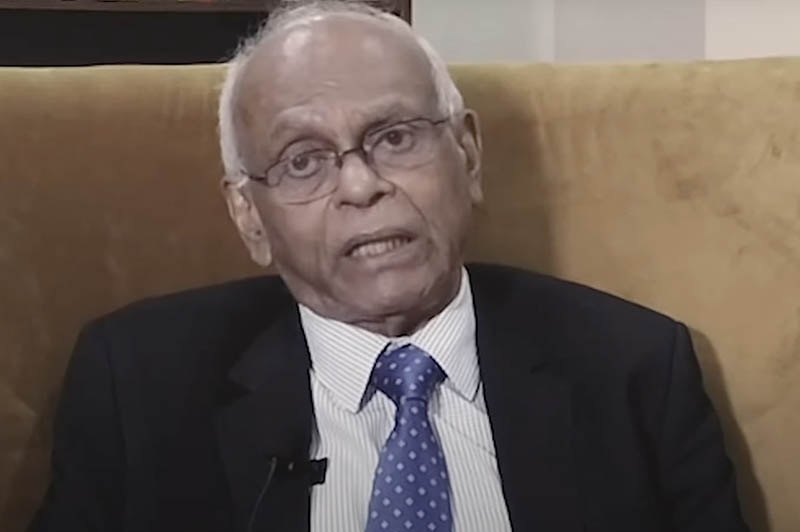W.A. Wijewardena, former Deputy Governor of the Central Bank of Sri Lanka, emphasizes that Sri Lanka, amidst its ongoing economic struggles, must urgently focus on building a creative economy. This, according to Wijewardena, is essential for ensuring the country’s long-term prosperity and well-being.

The Need for Innovation
Sri Lanka has consistently lagged in global innovation, a fact highlighted by its low ranking in the Global Innovation Index (GII). In 2023, Sri Lanka was ranked 90th out of 132 countries, down from 85th in 2015. Wijewardena stresses that for Sri Lanka to become more competitive and move towards prosperity, it must consciously work to develop a creative economy driven by innovation.
Investing in Research and Development
Wijewardena points out that one of the critical steps towards building a creative economy is increasing investment in research and development (R&D). He notes that Sri Lanka’s R&D spending in 2020 was just 0.12% of its GDP, significantly lower than the global average of 2.5%. In comparison, highly innovative countries like Israel spend around 5.7% of their GDP on R&D. Wijewardena argues that for Sri Lanka to elevate its economic status, it must boost its education and R&D spending to levels comparable to other countries.
Promoting Innovation Across Industries
According to Wijewardena, innovation should be introduced across all industries, not just in high-tech sectors. He highlights that Sri Lanka, where innovation levels are currently low, needs to start by enhancing innovation in both traditional and modern sectors. He cites the garment industry, a key part of Sri Lanka’s economy, which faces stiff competition from low-cost countries like Bangladesh and Myanmar. Wijewardena asserts that to stay competitive, Sri Lanka must improve productivity across all sectors by promoting innovation.

Disruptive Innovations and Economic Growth
Wijewardena stresses the importance of focusing on “disruptive innovations,” which can directly link Sri Lanka to advanced economies. These innovations, which challenge and replace existing technologies and business models, are essential for achieving significant economic growth. He notes that Sri Lanka must also improve its ranking in the World Bank’s Ease of Doing Business index to make it easier to start new businesses.
Affordable Access to Capital Goods
Wijewardena also highlights the need for Sri Lanka to ensure that capital goods, particularly those related to information and communication technology, are available at affordable prices. He argues that by lowering trade barriers and tariffs on these goods, Sri Lanka can help businesses remain competitive and enable them to replace outdated equipment more quickly.
Supporting Key Innovation Inputs
In addition to capital goods, Wijewardena points out that a successful innovation economy requires reliable digital infrastructure, a skilled workforce, and access to new knowledge. He stresses that Sri Lanka must support the production and transfer of these essential inputs to businesses. He suggests that clear policies should be established to allow private businesses to acquire and commercialize inventions developed by government research institutions.
Creating a National Innovation Strategy

Finally, Wijewardena calls for the development of a national innovation strategy and the establishment of a dedicated organization to implement it. He argues that such an organization, ideally under the direct supervision of the head of state, would be crucial in coordinating efforts across the government and private sectors to drive innovation.
Innovation Driven Economy
W.A. Wijewardena believes that for Sri Lanka to thrive, it must transition from a traditional industrial economy to an innovation-driven one. He emphasizes that this shift requires a focus on developing new ideas and connecting them with businesses and industries. By doing so, Sri Lanka can build a creative economy that fosters long-term prosperity and secures its place in the global market







